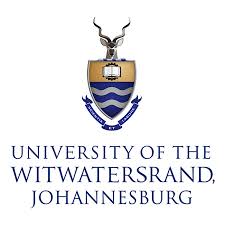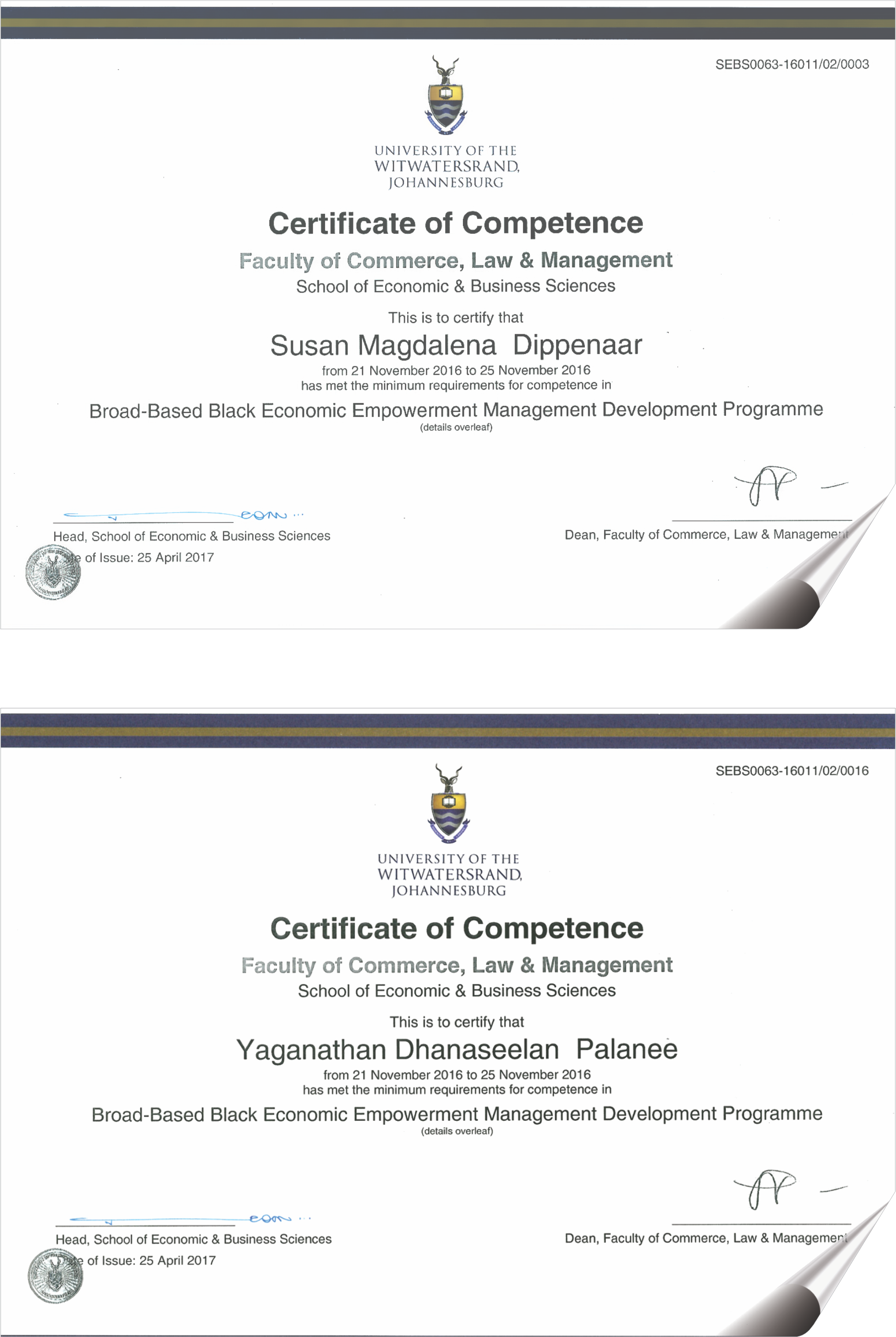SKILLS DEVELOPMENT

Skills development is the third element that an entity is measured on.
KEY MEASUREMENT PRINCIPLES
The following criteria must be fulfilled in order for the Measured Entity to receive points on the Skills Development Element scorecard:
- Workplace Skills Plan, an Annual Training Report and Pivotal Report which are SETA approved; and
- Implementation of Priority Skills programme generally, and more specifically for black people
- The 6 % compliance target under paragraph 1.1.1 of the COGP includes external training expenditure for unemployed black people.
- A trainee tracking tool has to be developed in order for the Measured Entity to score under paragraph 2.1.3 of the COGP.
- If less than 100% of the trainees are absorbed under paragraph 2.3 of the COGP, the percentage achieved or absorbed will be recognised.
SUBMINIMUM AND DISCOUNTING PRINCIPLE
A Measured Entity must achieve a minimum of 40% of the targets set out in the Skills Development Element
Non-compliance to the threshold targets will result in the overall achieved BBBEE status level being discounted in accordance in paragraph 3.4 of statement 000 of the COGP.

GENERAL PRINCIPLES
- Skills Development must contribute to the achievement of the country’s economic growth and social development goals that will enrich the creation of decent work and sustainable livelihoods .
- Promote the development of an industrial skills base in critical sectors of production and value-added manufacturing , which are largely labour intensive industries.
- Support ‘Professional, Vocational, Technical and Academic Learning programmes , achieved by means of professional placements , work integrated learning, apprenticeships, learnerships and internships, that meet the critical needs for economic growth and development.
- Strengthen the skills and human resource base by encouraging the support of skills development initiatives with an emphasis on skills development and career pathing for all working people in order to support employment creation.
- Skills Development Expenditure includes any legitimate expenses incurred for any Learning Programme offered by a Measured Entity to its employees evidenced by an invoice or appropriate internal accounting record.
- Skills Development Expenditure aris1ng from Informal and workplace Learning Programmes or from Category F and G Learning Programmes under the Learning Programmes Matrix cannot represent more than 15% of the total value of Skills Development Expenditure.
- Legitimate training costs such as accommodation, catering and travelling (non-exhaustive) cannot exceed more than 15% of the total value of Skills Development Expenditure
- Salaries or wages paid to an employee participating as a learner in any Learning Programme only constitute Skills Development Expenditure if the Learning Programme is a Learnership, Internship and Apprenticeship (Category B, C and D) of the Learning Programme
- Expenses on scholarships and bursaries for employees do not constitute Skills Development Expenditure if the Measured Entity can recover any portion of those expenses from the employee or if the grant of the scholarship or bursary is Despite the afore going, if the right of recovery or the condition involves either of the following obligations of the employee, the expenses are recognisable:
- the obligation of successful completion in their studies within the time period allocated; or
- the obligation of continued employment by the Measured Entity for a period following successful completion of their studies is not more than the period of their studies.
- Mandatory sectoral training does not quality as skills development contribution e. health and safety in construction sector (non-exhaustive list).
- Training outside the country in line with the Learning Programme Matrix under annexure 300 (A) is measurable if it meets the South African Qualification Authority requirement for recognition.
LEGITIMATE RECOGNISABLE TRAINING EXPENSES
- costs of training materials;
- costs of trainers;
- costs of training facilities including costs of catering;
- scholarships and bursaries;
- course fees ;
- accommodation and travel; and
- Administration costs such as the organization of training including, where appropriate, the cost to the Measured Entity of employing a Skills Development facilitator or a training manager.

our CREDENTIALS
WITS B-BBEE MANAGEMENT DEVELOPMENT PROGRAMME




